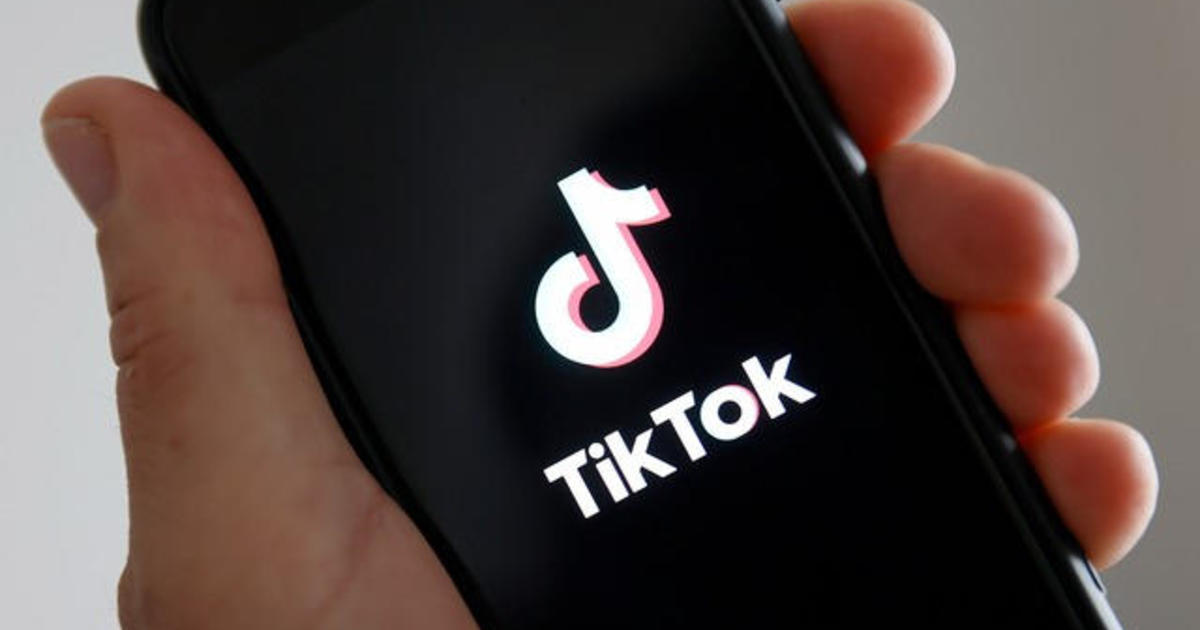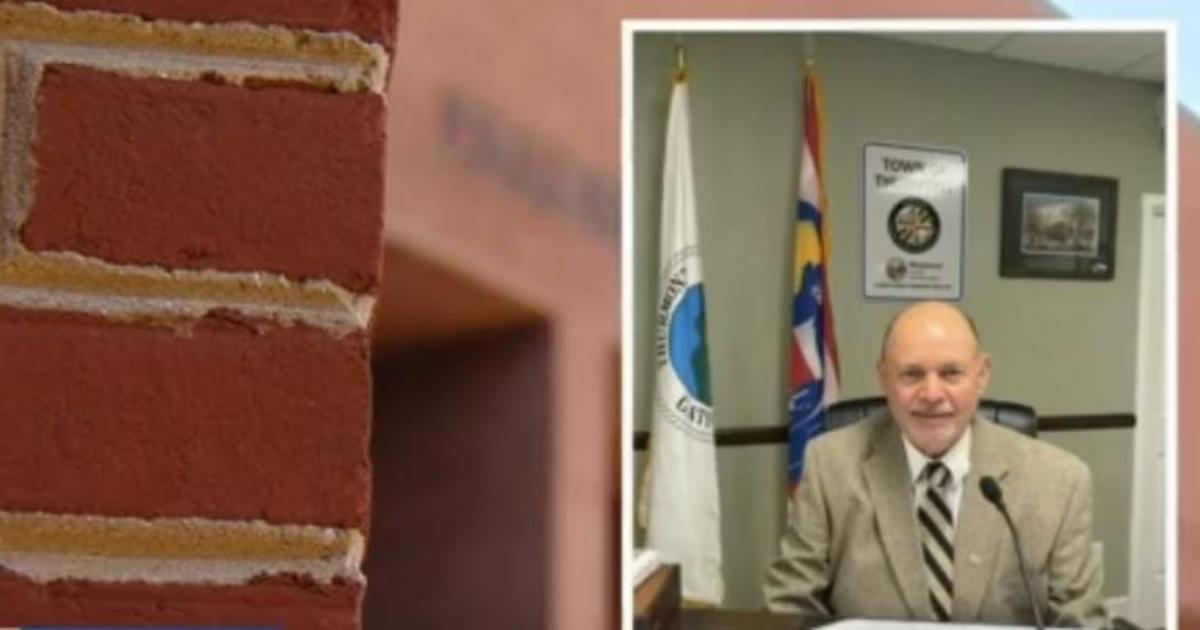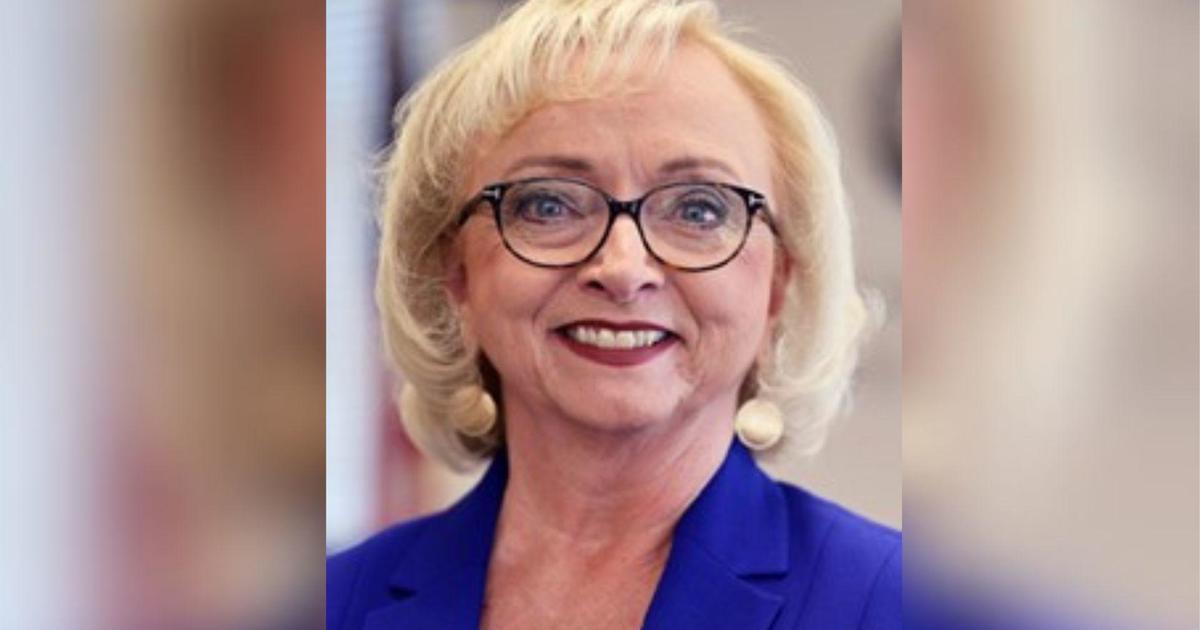Maryland Hospital Association Calls For Limited Public Health Emergency Declaration
BALTIMORE (WJZ) -- Saying hospitals are nearly full and emergency departments are stretched thin, the Maryland Hospital Association is asking Gov. Larry Hogan to reinstate a limited public health emergency.
The organization's request comes as Maryland sees its COVID-19 hospitalizations reach record levels, and as some hospitals have pivoted to crisis protocols to help manage the growing number of patients they're treating.
"We respectfully ask the Governor and Secretary of Health to help the hospitals by offering the flexibilities and protections that a limited PHE affords," MHA President & CEO Bob Atlas said in a statement.
The MHA noted that officials previously declared a public health emergency in Maryland for a year and a half "when conditions were not as dire." Reinstating a limited PHE, the group said, would help address staffing and other issues.
Over the past two years, hospitals have delayed non-emergency surgeries and come up with creative ways to ensure patients receive treatment, the organization said in a release, but their workforces have been pushed to the brink.
"The main concern currently is workforce," the group said. "Hospital personnel are stretched to their limits and we cannot demand more from them."
The limited PHE would give hospitals flexibility in how their staffs are deployed and also ease up on processing paperwork with insurance carriers.
On Wednesday, Maryland surpassed 2,000 COVID-19 hospitalizations for the first time during the pandemic, up from its previous peak of 1,952 set in January 2021.
Of those currently hospitalized, 1,657 are adults in adult care and 367 are adults in intensive care. There are 15 children in acute care and another seven in the ICU.
Upper Chesapeake Medical Center in Bel Air and UMD Baltimore Washington Medical Center in Annapolis are among four hospitals that have shifted to crisis standards of care in response to the recent surge. Others, such as Anne Arundel Medical Center, have enacted contingency care protocols.
The MHA expects other hospitals to undertake similar measures in the coming weeks as they grapple with a rising number of COVID-19 patients.
"People need to understand that the hospitals that they rightfully take for granted most of the time are really bursting at the seams right now," Atlas said. " … We have a staffing strain that is unprecedented."
Officials and public health experts have encouraged Marylanders to get the vaccine and their booster shots if they have not already done so, saying unvaccinated people make up the majority of Maryland's COVID-19 patients.
The MHA asked the public to do its part to keep hospitals from being overwhelmed.
"Most of the people being treated for COVID in our hospitals are unvaccinated," the organization said. "Get vaccinated and boosted. Wear masks, keep social distance, and wash your hands."
The issue hits close to home for Marylanders like Bridget Calvert, whose 6-year-old daughter Elizabeth has depended on doctors at Johns Hopkins Hospital her whole life.
Calvert said Elizabeth was premature and weighed one pound and 14 ounces when she was born. She was diagnosed with chronic lung disease and common variable immunodeficiency, which puts her at high risk.
"Her lungs are not strong like a regular kid," Calvert said. "Her immune system is not strong like a regular kid."
It's because of those health issues that Elizabeth's recent COVID-19 diagnosis was particularly concerning to Calvert.
"When we walked in, they have portable triage units set up, the nurses and doctors are back to wearing full hood coverings with the vents to prevent the spread," she said. "Thank God, because we need the healthcare workers."
The 6-year-old girl spent a day in the hospital before she was sent home to recover.
Calvert couldn't help but tear up thinking about the toll the pandemic has taken on the healthcare workers who have done so much for her family.
"I didn't expect it to make me so emotional thinking about these doctors and nurses who have kept our child alive for six years," she said.
She lamented that things have gotten so bad that even two years after the pandemic began, medical professionals are still working around the clock to save people from COVID-19.
"Now it's just like expected that they continue to take care of all of us who live our lives however we want to live our lives," Calvert said.
Imelda Anekwe of Baltimore echoed Calvert's concerns.
"It's frustrating because they're doing their jobs," Anekwe said. "But in doing their jobs, it's like they're on the frontlines, like a war. You can't get away from the bombs."



